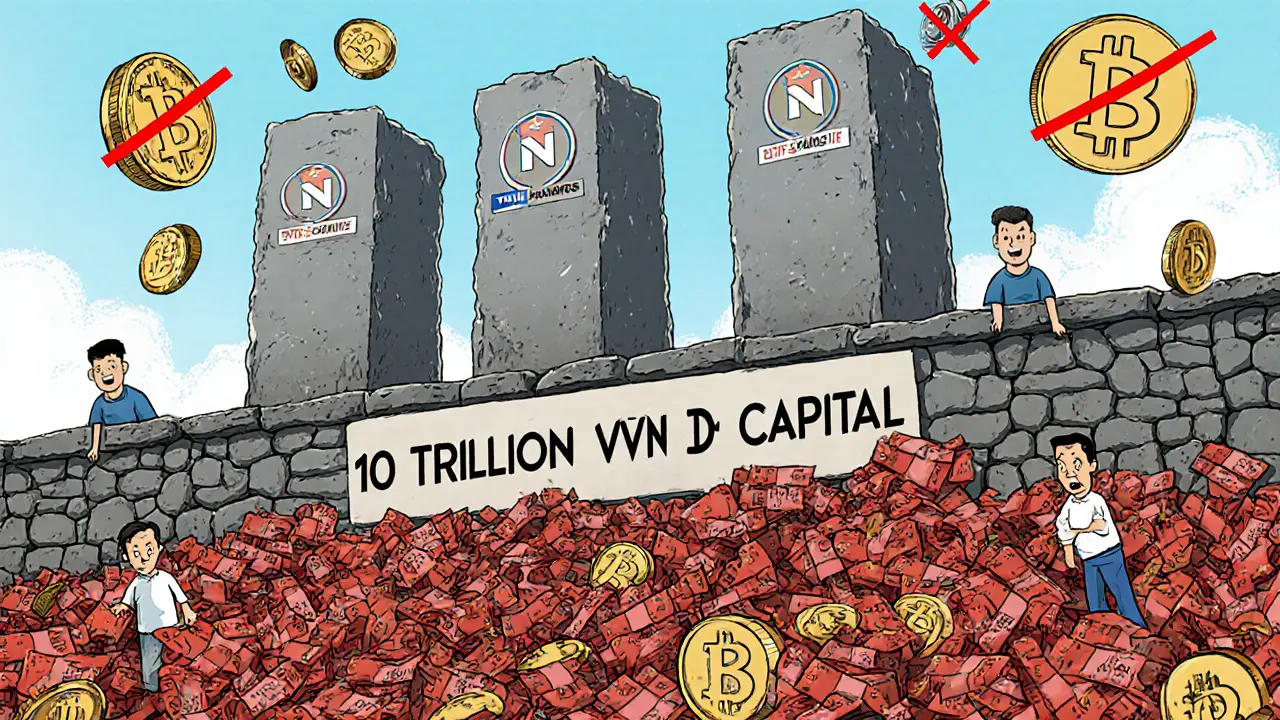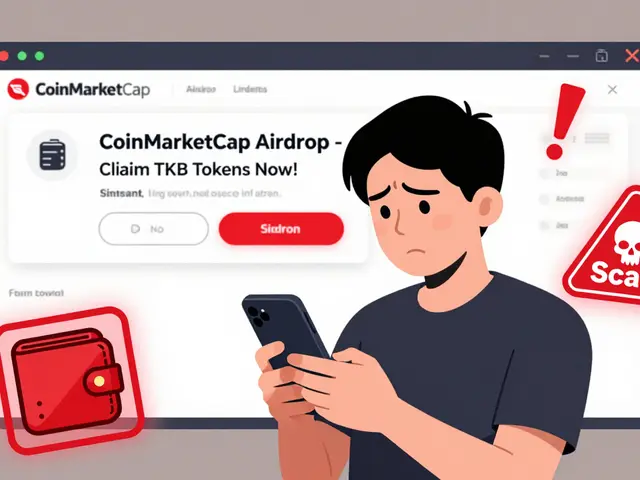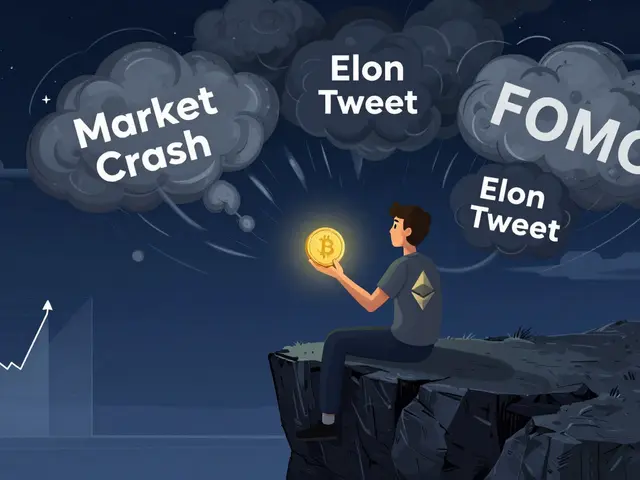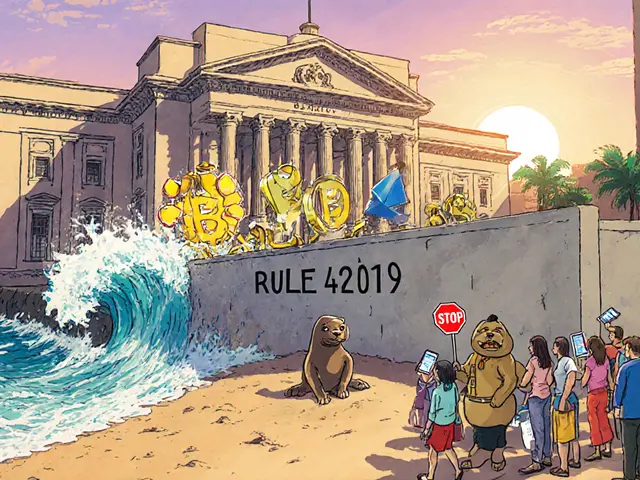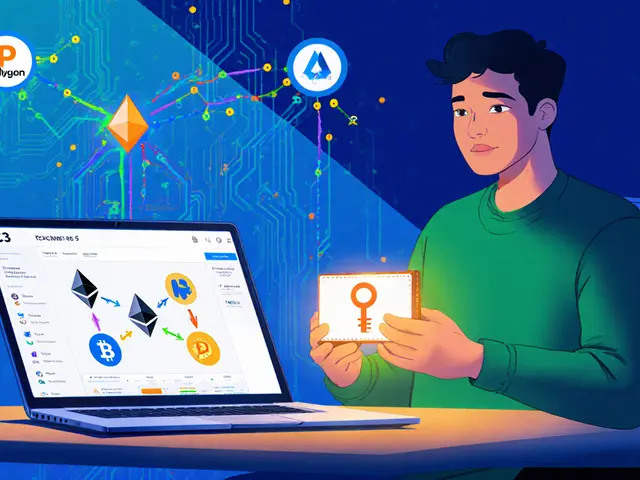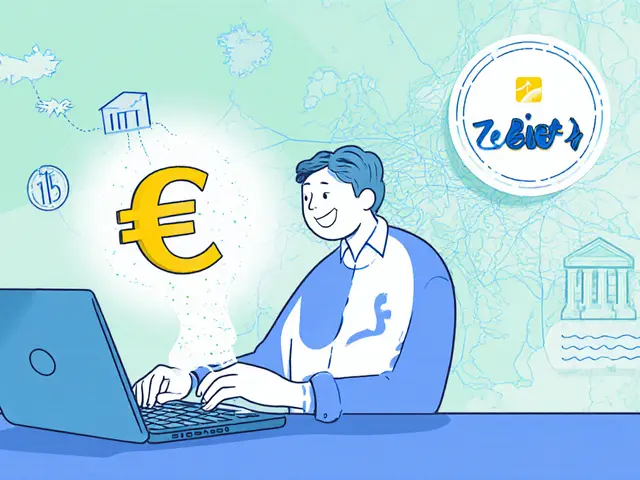Vietnam Crypto Regulation: What You Need to Know About Legal Risks and Exchange Access
When it comes to Vietnam crypto regulation, the legal framework around cryptocurrency use in Vietnam that restricts financial institutions from processing crypto transactions while leaving personal trading in a gray zone. Also known as crypto rules in Vietnam, it’s not a ban—but it’s not freedom either. The State Bank of Vietnam doesn’t recognize Bitcoin or any other crypto as legal tender. That means banks, payment processors, and even fintech apps can’t touch crypto. But if you buy Bitcoin on Binance or trade Dogecoin on a peer-to-peer platform? You won’t get arrested. You just won’t get any protection if things go wrong.
This is where crypto exchanges, online platforms where users buy, sell, or trade cryptocurrencies, often operating without local licenses in Vietnam become the real issue. Vietnam hasn’t banned exchanges like Binance or Bybit outright—but it has blocked their websites, shut down local offices, and fined companies that help users bypass restrictions. In 2023, regulators cracked down on platforms that offered fiat on-ramps, forcing many to pull out. That left traders scrambling to use P2P apps like Paxful or LocalBitcoins, or foreign exchanges that don’t require KYC. But here’s the catch: if you lose money on one of these unregulated platforms, there’s no recourse. No government agency will step in. No legal system will help you recover funds.
And then there’s crypto tax Vietnam, the unclear and inconsistently enforced tax obligations for individuals who trade or hold cryptocurrencies in Vietnam. Officially, the government says crypto gains are taxable—but there’s no system to track them. Most people don’t report. But if you’re audited? You’re on your own. No guidance exists on how to calculate gains, what records to keep, or even which agency handles it. That silence isn’t permission—it’s a trap waiting to be sprung.
What you’ll find in the posts below are real-world breakdowns of exactly what’s happening on the ground. From exchange blacklists and wallet risks to how traders are quietly moving funds and avoiding detection. You’ll see how Vietnamese users are navigating this maze without official support—and what happens when they get caught. This isn’t theory. It’s what people are doing right now, with real money at stake.

